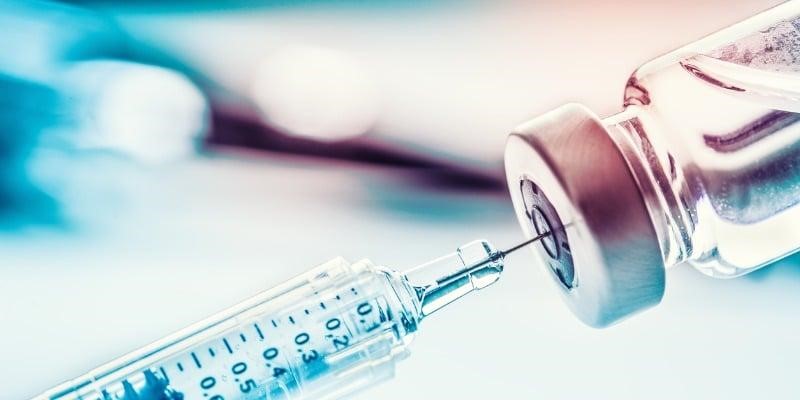Government Waives BIS Norms for Syringe Plastics
Government Waives BIS Norms for Syringe Plastics
Why in the News ?
The Centre has exempted pharmaceutical-grade HDPE used in syringes and IV sets from mandatory BIS certification to prevent disruptions in medical device production amid declining imports and regulatory bottlenecks. This move addresses industry concerns and supports healthcare needs.
Exemption Details and Rationale:
- The Ministry of Chemicals and Fertilizers has exempted EP/USP-grade HDPE (High-Density Polyethylene) used in syringe plungers and IV components from mandatory BIS certification.
- The decision was based on market intelligence and industry requests, acknowledging the sensitivity of raw materials in medical device manufacturing.
- The exemption does not apply to HDPE used in packaging or other plastic products.
Industry Impact and Production Concerns
- These specialised HDPE grades are primarily imported due to limited domestic production capacity.
- Any disruption in their supply could halt production of essential medical devices, especially syringes and IV sets.
- Industry insiders welcomed the move as timely relief amidst rising demand for medical equipment.
Import Trends and Regulatory Response
- HDPE imports fell 42% to $1.15 billion in FY25 from $1.97 billion in FY24 due to regulatory hurdles.
- Imports have dropped 34% from FY23, raising concerns of supply bottlenecks.
- An amendment to the 2022 Quality Control Order was issued after consultations with BIS, ensuring uninterrupted medical device manufacturing.
About EP/USP-grade HDPE (High-Density Polyethylene) :● EP (European Pharmacopeia) and USP (United States Pharmacopeia) grades refer to pharmaceutical-grade HDPE. ● These grades meet stringent safety, purity, and performance standards for medical and healthcare applications. ● Used primarily in syringe plungers, IV sets, and other critical medical devices. ● Ensures non-toxicity, chemical resistance, and biocompatibility. ● Typically imported, as domestic manufacturing is limited in India. ● Vital for uninterrupted production of essential medical equipment. ● Subject to strict regulatory norms, but recently exempted from BIS certification for medical use. ● Helps maintain supply chain stability in India’s medical device sector. |




